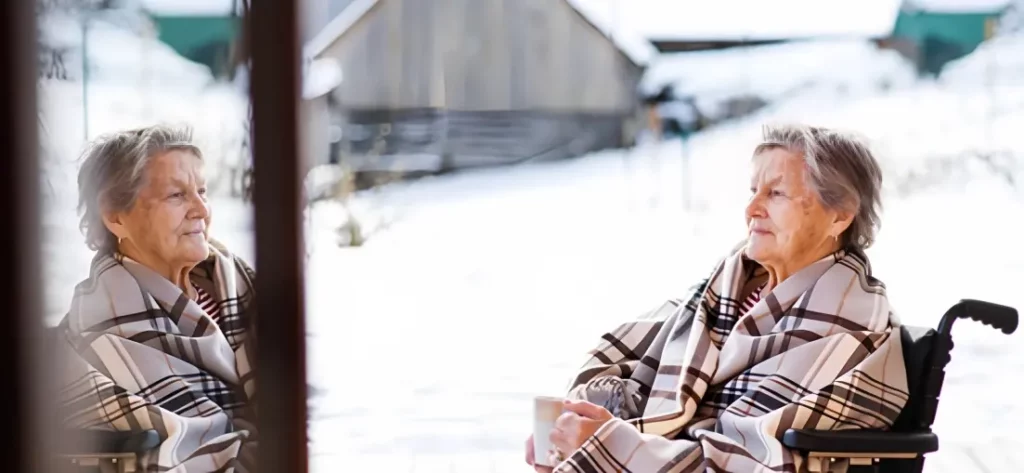Have you noticed the air temperature getting colder, hours of daylight getting shorter, and nights getting longer? Well, that means winter is in full swing. And, while many people perceive winter as a joyful time to slow down a bit and spend more time with family and friends, others may have a harder time adjusting to the colder seasons.
More than just the “winter blues,” seasonal depression can be debilitating. Clinically referred to as Seasonal Affective Disorder (SAD), seasonal depression is characterized by periods of depression, anxiety, and an overall feeling of despair during the winter. SAD is thought to be related to the changes that take place during winter, especially the reduced amount of sunlight hours once daylight savings time ends.
Unlike other more severe forms of mental health impairments, SAD can be avoided or treated by implementing a few simple lifestyle adjustments. Here are some easy activities you can put into action to help prevent seasonal depression:
Workout Regularly

Physical activity of varying forms is paramount to combating depression as it is a natural means of combating chemical imbalances. When you “move your body,” endorphins are released in the brain. Endorphins are chemicals created by the nervous system that help us cope with stress or pain. So, when endorphins are released due to physical activity, stress levels are reduced and, in effect, decrease the risk of depression.
Many different types of exercise can help get those endorphins flowing. Most seniors can safely participate in these forms of physical activity at the recommendation of his or her physician:
- Walking
- Dancing
- Playing with children
- Performing light house cleaning
- Performing light yard work
- Completing a seated fitness routine
Eat Healthy Meals

Diet and exercise go hand in hand. According to David Pollack, Director of Social Work at Emerest, “Eating healthy, balanced meals can keep your energy levels up, which in turn can help your emotional wellbeing.” Additionally, eating a diet rich in B vitamins has been proven to improve mood, which is another way of combating depression. Finally, regularly eating adequate servings of fruits and vegetables will provide additional essential vitamins that contribute to overall good brain health.
It is also important to limit the amount of highly processed foods you consume as these can cause you to feel full quickly but typically offer little if any nutritional value.
Be Social

The cold winter weather can encourage isolation because frigid temperatures are so uncomfortable, and surfaces that have been subjected to ice or snow can be unsafe for seniors leaving their homes. However, it is recommended that people at risk for SAD make a concerted effort to engage in regular social activities. Socializing with friends and keeping in touch with family are excellent ways to ward off feelings of loneliness and isolation. When the weather is safe for traveling, attend social gatherings.
When the weather isn’t conducive to going outside, reach out to loved ones by telephone or even try an online meeting platform that will allow you to see those you are conversing with virtually.
Go Outside

The reduction in sunlight is one of the biggest causes of SAD. So, take time to enjoy some outdoor activities regularly with family and friends. In addition to the mental clarity fresh air can invoke, you will also get some extra vitamin D from the sunlight. Other tips to brighten your environment when natural light is scarce include:
- Having trees that block sunlight trimmed
- Opening the blinds in your home
- Adding lamps that simulate natural sunlight
Emerest Homecare Services
Emerest offers an array of professional, homecare services including EmerestConnect telehealth services. If you are experiencing seasonal depression or have other concerns and would like to speak with a social worker, contact us today at www.emerest.com/connect.